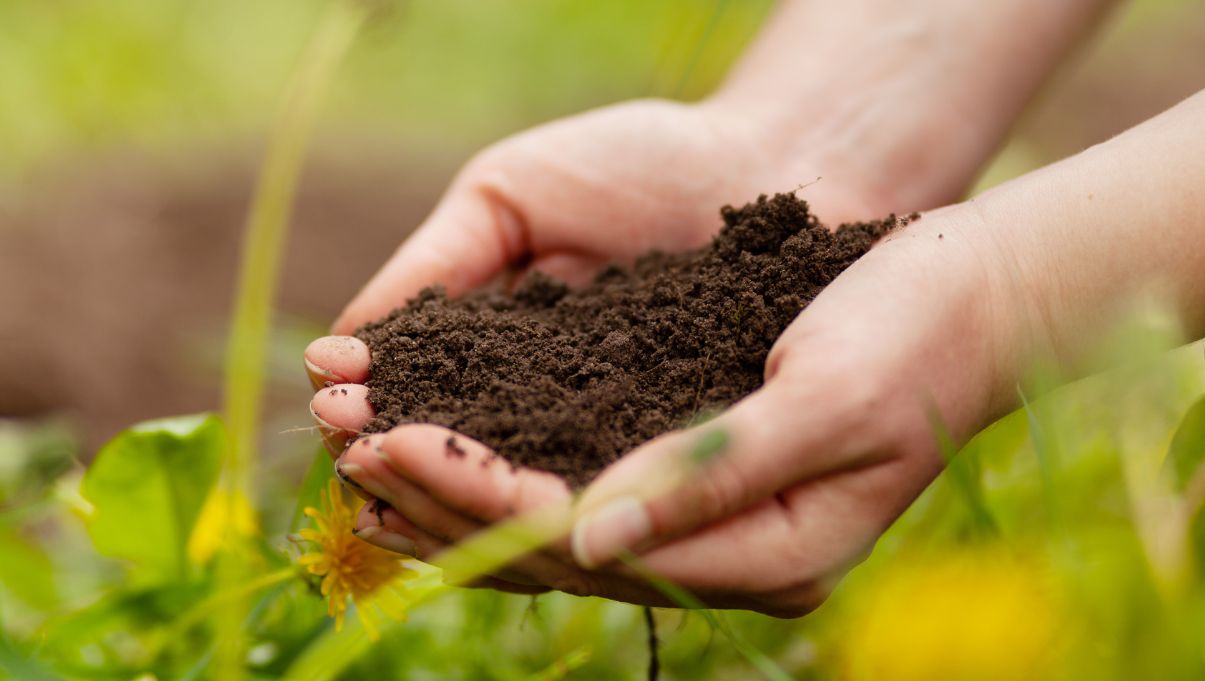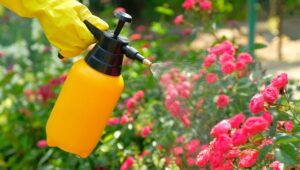Introduction
Want to take your gardening game to the next level? Look no further than the best fertilizers. With so many options on the market, it can be tough to know which ones will work best for your plants. But with our expert recommendations and tips, you’ll be able to enhance the growth and health of your garden in no time.
Top Picks
- Best Overall: Miracle-Gro All Purpose Plant Food
- Best Budget: Jobe’s Organics Vegetable & Tomato Fertilizer
- Best Organic: Espoma Organic Bio-Tone Starter Plus
- Best for Flowers: Osmocote Smart-Release Plant Food Flower & Vegetable
- Best for Vegetables: Dr. Earth Organic 5 Tomato, Vegetable & Herb Fertilizer
- Best Slow-Release: Scotts Turf Builder Starter Food for New Grass Plus Weed Preventer
- Best Liquid Fertilizer: Fox Farm Big Bloom Liquid Concentrate Fertilizer
Buying Guide
Plant Type:
Different plants have different nutrient requirements. Some plants may thrive with a higher nitrogen content, while others may require more phosphorus or potassium. For example, tomato plants require more phosphorus to promote fruit development, while leafy greens benefit from a higher nitrogen content. Look for fertilizers that are specifically formulated for the type of plants you are growing, such as Dr. Earth Organic 5 Tomato, Vegetable & Herb Fertilizer for vegetable gardens.

Nutrient Content:
Fertilizers contain varying levels of nitrogen, phosphorus, and potassium, which are represented by the three numbers on the label (N-P-K). Choosing a fertilizer with the right balance of these nutrients is key to promoting healthy growth. For example, Osmocote Smart-Release Plant Food Flower & Vegetable has a balanced N-P-K ratio of 14-14-14, making it suitable for a wide range of plants.
Soil Type:
The type of soil you have can also affect your choice of fertilizer. For example, if you have sandy soil that drains quickly, you may want to choose a slow-release fertilizer like Scotts Turf Builder Starter Food for New Grass Plus Weed Preventer, which will release nutrients slowly over time rather than washing away quickly.
Application Method:
Fertilizers come in a range of application methods, from granules to sprays to liquid concentrates. Choose a method that is easy and convenient for you to use, and that will distribute the fertilizer evenly throughout your garden. For example, Fox Farm Big Bloom Liquid Concentrate Fertilizer can be applied directly to the soil or used as a foliar spray.
Organic vs. Synthetic:
Organic fertilizers are made from natural materials like compost and manure, while synthetic fertilizers are made from chemical compounds. Both can be effective, but organic fertilizers are generally considered to be more environmentally friendly and sustainable. For example, Espoma Organic Bio-Tone Starter Plus is an organic fertilizer that contains beneficial microbes to promote healthy soil.
Seasonal Timing:
The timing of your fertilizer application can also make a difference in your plants’ growth and health. For example, a slow-release fertilizer like Jobe’s Organics Vegetable & Tomato Fertilizer can be applied at planting time and will continue to release nutrients throughout the growing season.
Special Features:
Some fertilizers come with special features that can enhance their effectiveness, such as added micronutrients or beneficial microbes. For example, Miracle-Gro All Purpose Plant Food contains micronutrients like iron and manganese to promote healthy growth, and can be used on both indoor and outdoor plants.

FAQS
What is fertilizer and why do plants need it?
Fertilizer is a material that is added to soil or plants to provide essential nutrients like nitrogen, phosphorus, and potassium. These nutrients are necessary for plant growth and development, and can be depleted over time without regular fertilization.
What are the different types of fertilizers?
Fertilizers can be categorized as organic or synthetic, and come in a variety of forms including granules, powders, liquids, and spikes. Some fertilizers are designed for specific plant types or growing conditions, while others are more general purpose.
How do I know what type of fertilizer to use?
The type of fertilizer you should use depends on a variety of factors including the type of plants you are growing, the soil type and pH, and the stage of growth your plants are in. It’s a good idea to test your soil to determine its nutrient content and pH level, and consult with a gardening expert or the fertilizer manufacturer to determine the best product for your needs.
Can I over-fertilize my plants?
Yes, over-fertilizing can be harmful to plants. Too much fertilizer can cause root damage, leaf burn, and even death in extreme cases. It’s important to follow the instructions on the fertilizer label and apply the product in moderation.
Are organic fertilizers better for the environment?
Organic fertilizers are generally considered to be more environmentally friendly than synthetic fertilizers, as they are made from natural materials like compost and manure. Organic fertilizers can also help improve soil health and promote beneficial microorganisms.
How often should I fertilize my plants?
The frequency of fertilizer application will depend on the type of plants you are growing and the specific fertilizer product you are using. Some fertilizers are designed for regular use throughout the growing season, while others may only need to be applied once or twice a year. Be sure to follow the instructions on the fertilizer label for best results.
Can I make my own fertilizer?
Yes, it is possible to make your own fertilizer using natural materials like compost, manure, and kitchen scraps. However, it can be difficult to ensure that homemade fertilizers contain the right balance of nutrients for your plants, and they may not be as effective as commercial products. If you choose to make your own fertilizer, be sure to research the process thoroughly and follow safe handling practices.
Conclusion
Whether you’re a seasoned green thumb or just starting out, the right fertilizers can make all the difference. From organic to synthetic, slow-release to fast-acting, we’ve got you covered with the best options for your plants. So go ahead, give your garden the boost it deserves!



+ There are no comments
Add yours